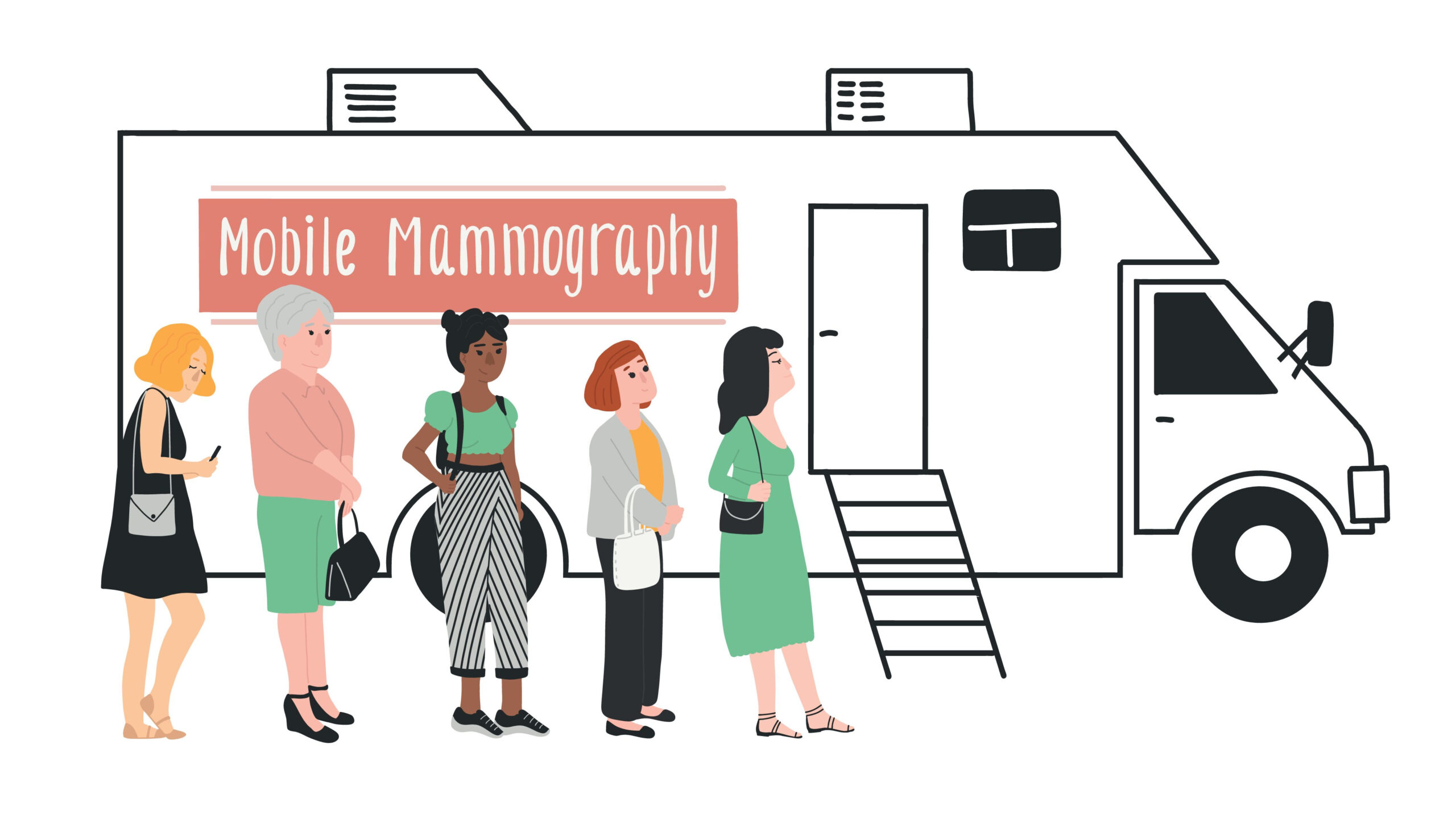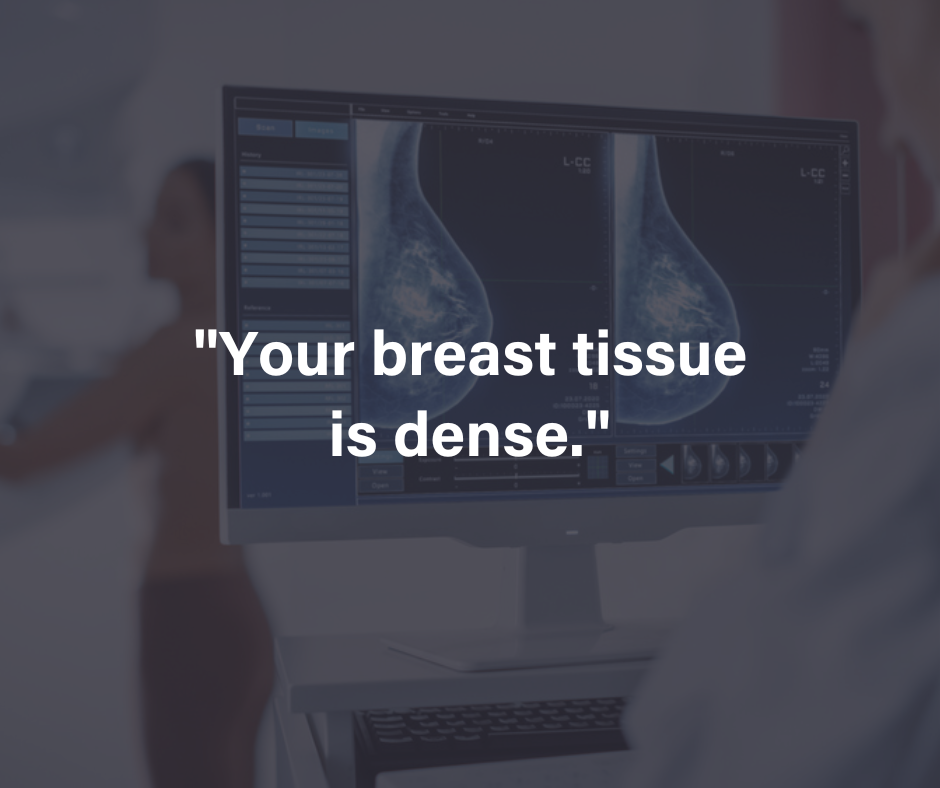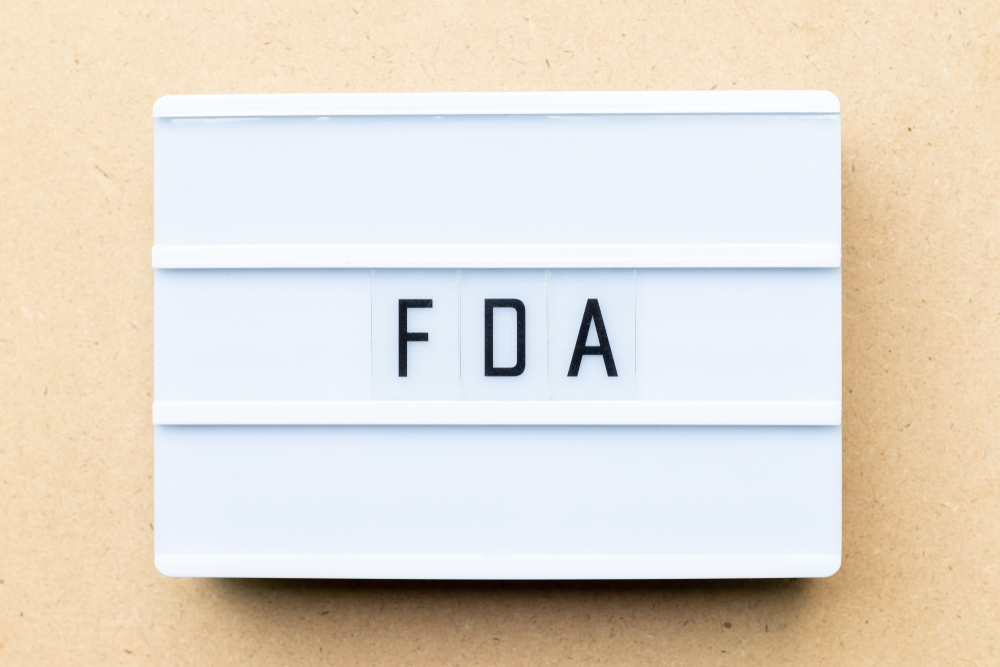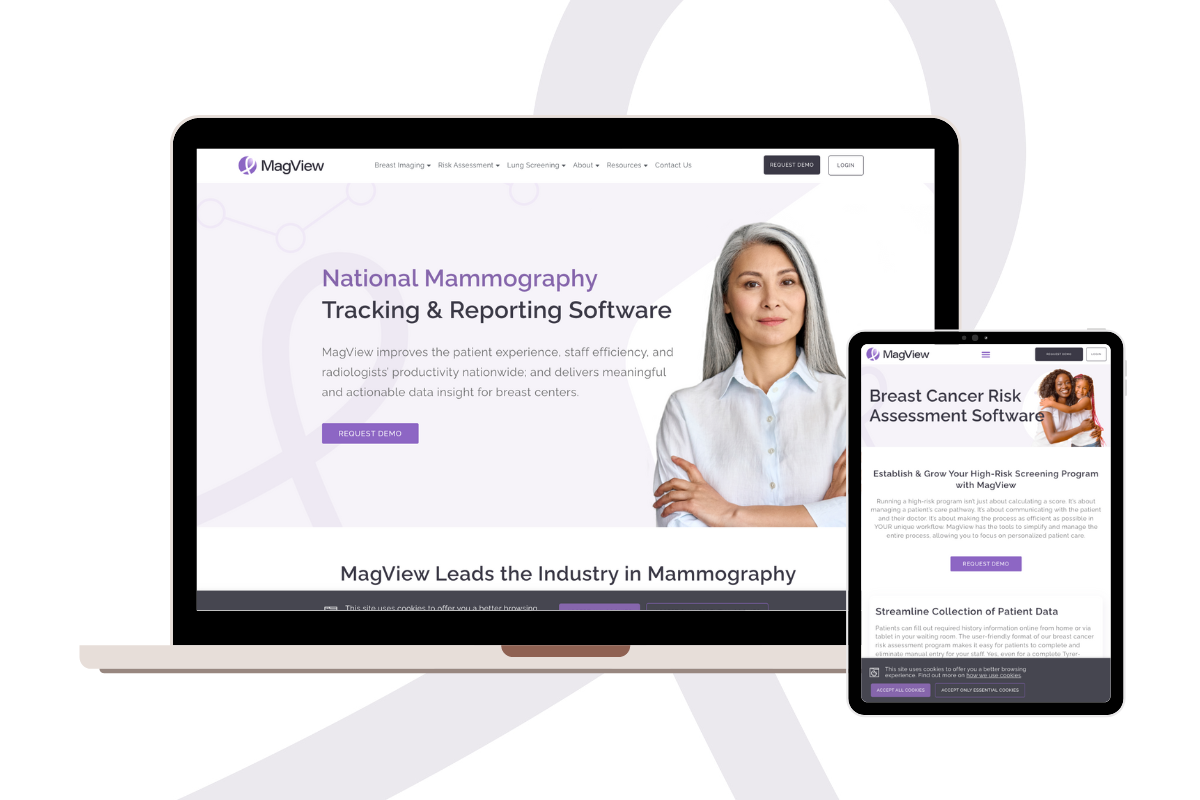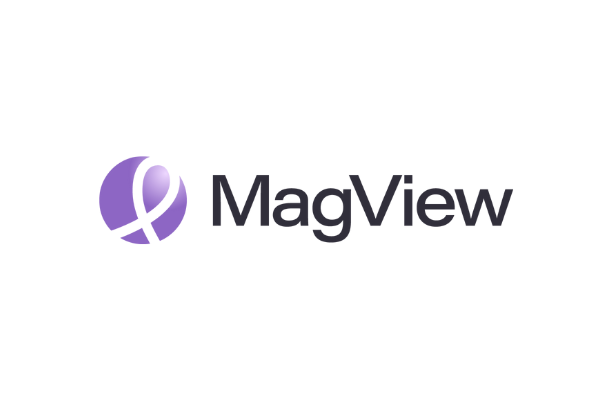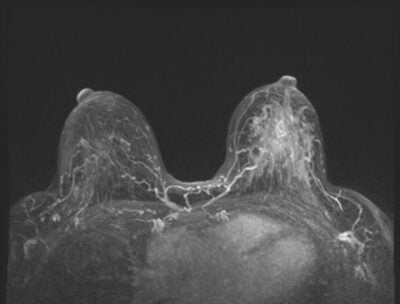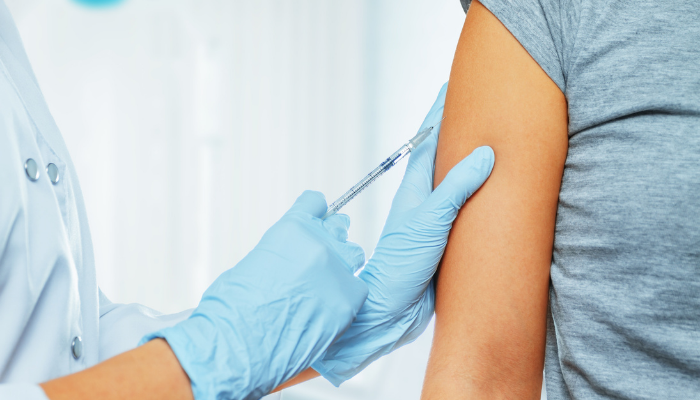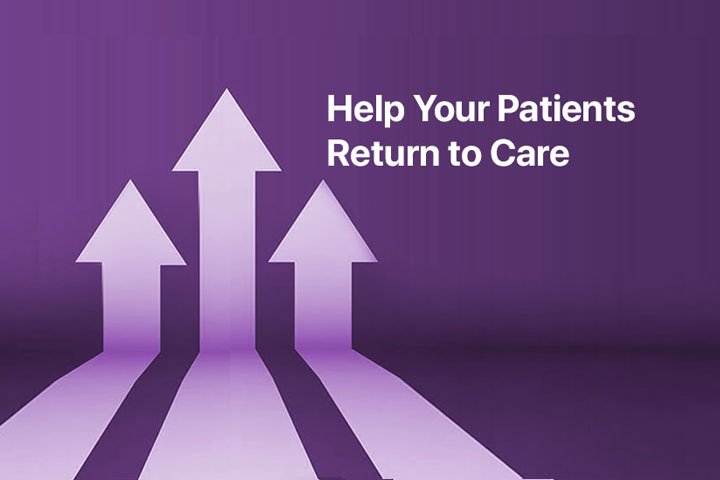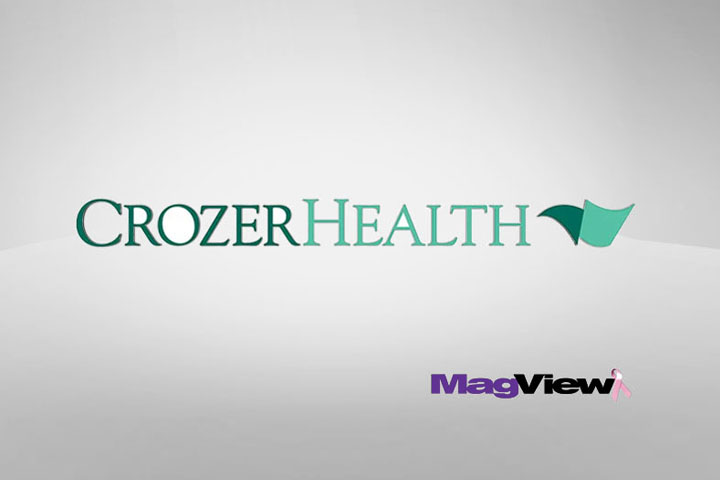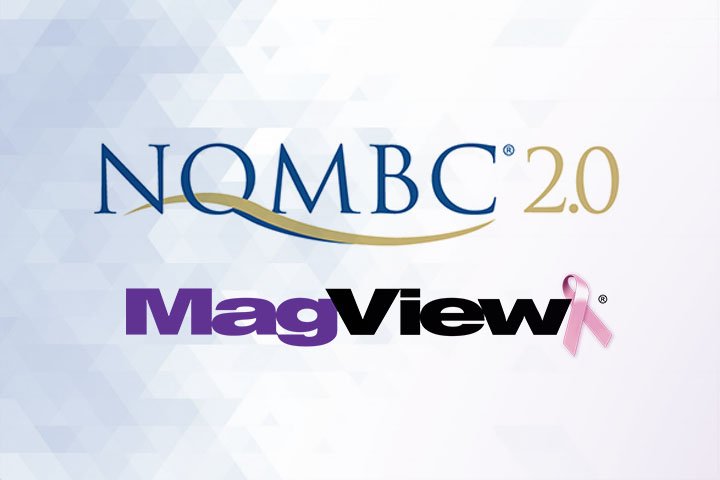According to the Patient Pop 3rd annual patient perspective survey, digital interactions continue to grow in popularity among patients—and that includes text messaging. Also referred to as short message service (SMS), this method of communicating quickly and easily is used extensively by other consumer-facing industries, so it’s something patients are accustomed to and may even expect.
Of the 881 individuals surveyed across the country in May 2021, 66% of respondents indicated they preferred to receive text messages to be reminded about a medical appointment and 59% wanted to receive a text reminder about booking a needed appointment.
Many participants also preferred this type of “digital experience” (via text, email, or online access) for other “pre- and post-visit interactions.”
According to the results:
- Over 50% “said they preferred a digital option for paying their bill or asking their provider a question,” with 26% indicating they’d like to “receive answers to questions or feedback via text.”
- Over 60% “want a digital way to schedule an appointment, access their health records, and fill out registration and other forms.”
Here, we’ll take a look at what additional research says about the effectiveness of text messaging in healthcare and breast cancer screening—plus why it makes perfect sense for breast centers to offer text messaging communications to the patients they serve.
A Growing Trend
While the specific results may differ, the popularity of text messaging is nothing new. There have been numerous studies which demonstrate that text messaging is an effective tool for healthcare providers.
For instance, an MGMA Stat poll published in 2018 noted that “text messaging remains an effective tool for patient appointment reminders.” Among the 1,615 responses received from healthcare providers, 68% said their organization uses text messaging to communicate with patients about their appointments and follow certain practices when do, including:
- “They offer patients the option to confirm, cancel or ask to reschedule via text”
- “Patients first give their permission to text as their primary method for reminders”
- “The practice may use multiple options to remind patients but texting often is the patients’ preferred method”
Additionally, results indicated that “Text messaging is normally the most effective method over email, phone calls or mailings.”
Another study, also published in 2018, “Using text message reminders in health care services: A narrative literature review” found that “nearly all the SMS-reminder studies helped improve patient medical compliance and appointment reminders. Additionally, researchers reported numerous benefits from using SMS reminders, including ease of use, relative inexpensiveness, and rapid and automated message delivery. Minimal risks were reported and most participants found the reminders to be acceptable.”
In a discussion of the results, study authors concluded that SMS reminders can be effective in a variety of healthcare settings and that:
- “86% of appointment-reminder studies and 85% of medical compliance reminder studies reported positive results associated with SMS messages.”
- “The reminders helped increase appointment attendance…and before-appointment cancellations…as well as decrease missed appointments…”
- “By decreasing missed appointments and increasing advance cancellations, health care providers can save time and money, maintain uninterrupted care, and allow other patients to receive needed treatment…”
Text Messaging and Breast Centers
One of the studies included in the literature review specifically examined the effectiveness of text messaging to help women keep their appointments for breast cancer screening. This single-blind randomized controlled trial (RCT) was published in the British Journal of Cancer in 2015 and included a total of 2240 women.
Findings were that “uptake of breast screening was 59.1% among women in the normal invitation group and 64.4% in the text-message reminder group,” which led the study authors to conclude that “Sending women a text-message reminder before their first routine breast screening appointment significantly increased attendance.”
In describing the implications of the results, the study authors concluded that “The findings of this study have both national and international implications for the future practice of breast screening.”
With a caveat that further research would be needed to confirm their hypotheses, they also proposed that:
- “Sending women a text message to remind them of the time, date and venue of their first breast screen could have a substantial impact on women’s health through the early detection and treatment of benign and malignant breast disease, without impeding on the autonomy of the patient to make an informed choice.”
- “The study shows that text messages may be a promising intervention in increasing the uptake of women from deprived areas, thus reducing the social gradient.”
- “…text-message reminders could potentially save breast screening services money through improved efficiency (i.e. fewer missed appointments because of increased patient cancellations and increased uptake)…”
- “Text-message reminders are cheap, effective and easy to implement…”
- “…it is plausible that text message reminders could be used to increase participation in other cancer screening programmes.”
How MagView Can Help
All of this is great news for breast centers, since a common challenge relates to finding an effective strategy to get patients to return for their annual mammograms and follow-up appointments. Of course, regular breast cancer screening is essential for all women, but keeping follow-up appointments is especially critical for those with high BI-RADS scores who may require additional evaluation and care.
Plus, keeping your patients on track is important to make sure their next appointment is with your center instead of another facility in the area. That helps to optimize continuity of care and to keep your schedule full, so your doors can remain open to provide the care your community needs.
At MagView, we understand the important role of text messaging within healthcare. That’s why the MagView Text Message Module is part of our suite of tools to help improve the patient experience while also helping breast centers optimize scheduling efficiency and productivity.
Our Text Message Module allows breast centers to send customized, automated reminders that can help patients stay on track for annual mammograms and follow-up appointments. As a result, patients can get the care they need while breast centers reduce the headaches of no-shows and reminder letters.
By combining the effectiveness of text messaging with MagView’s integrated, easy-to-use offering, you can help patients stay on track with breast cancer screening and help your center increase efficiencies and productivity while you do.




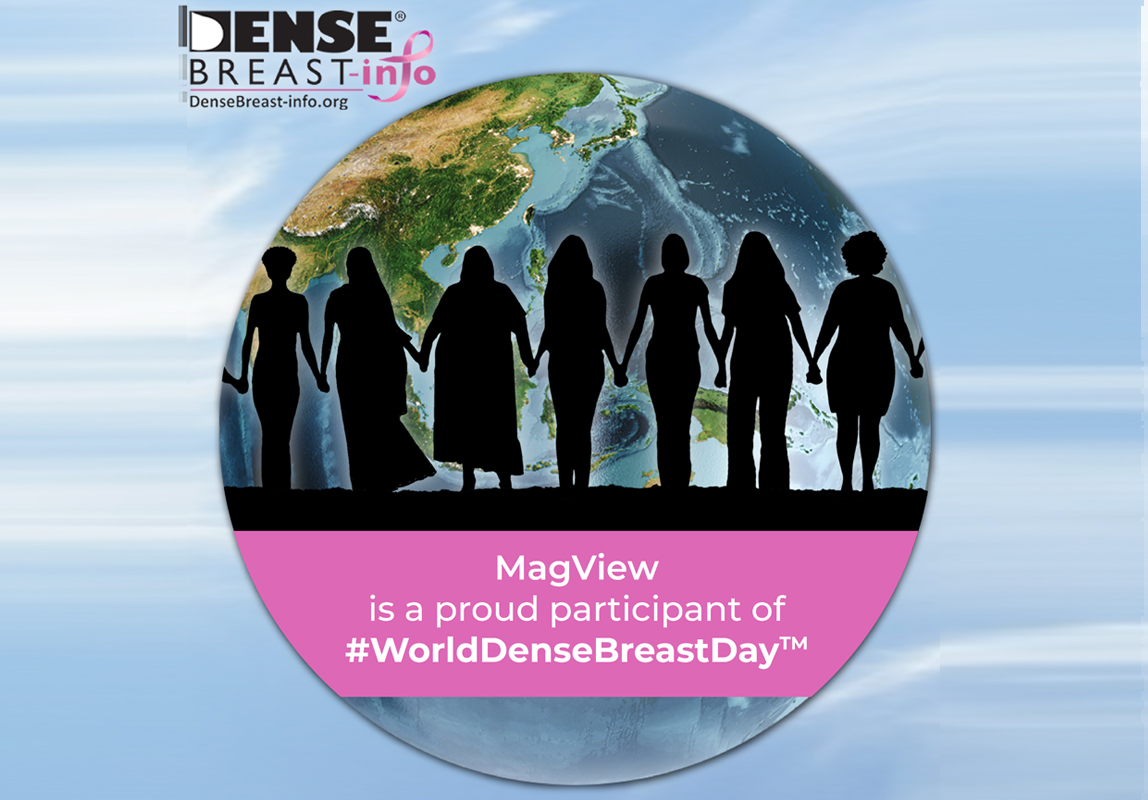
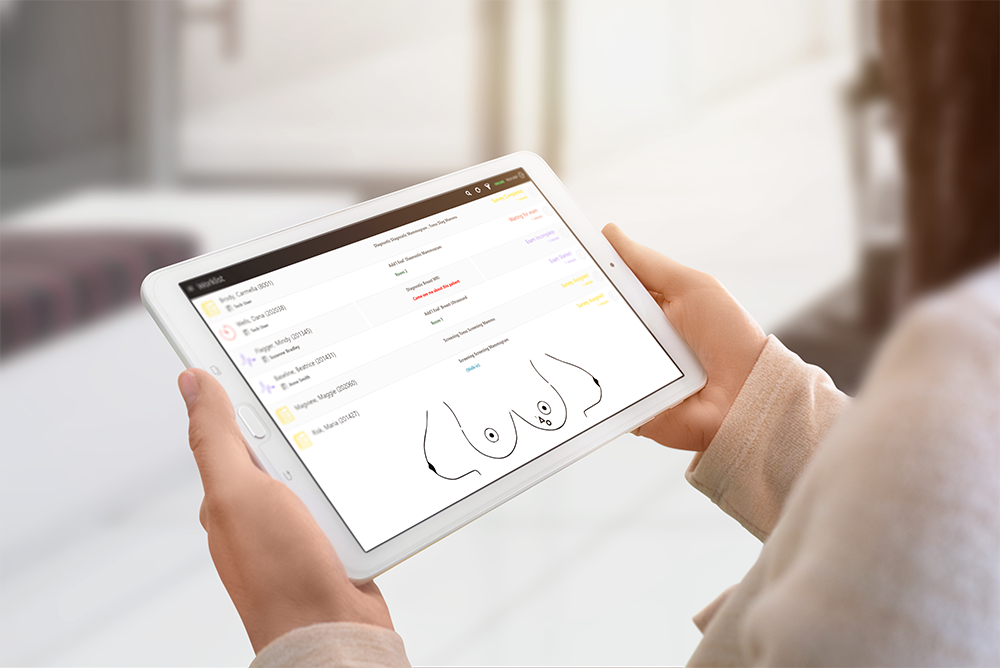
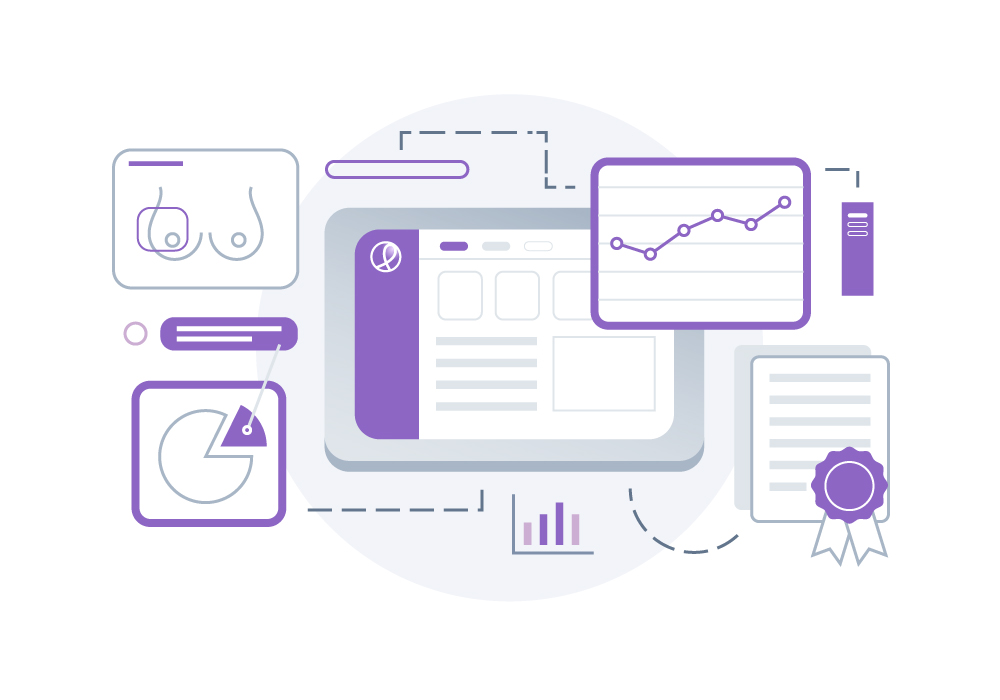
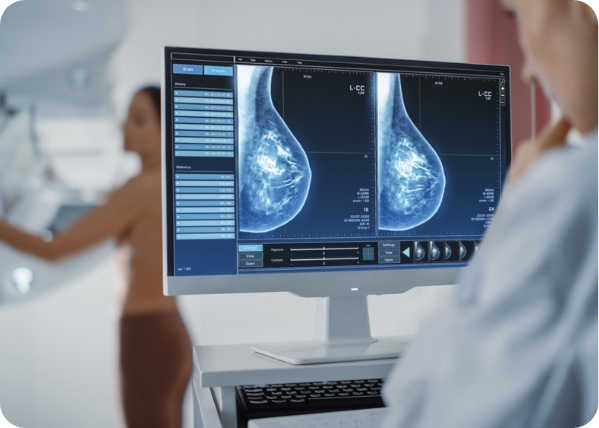

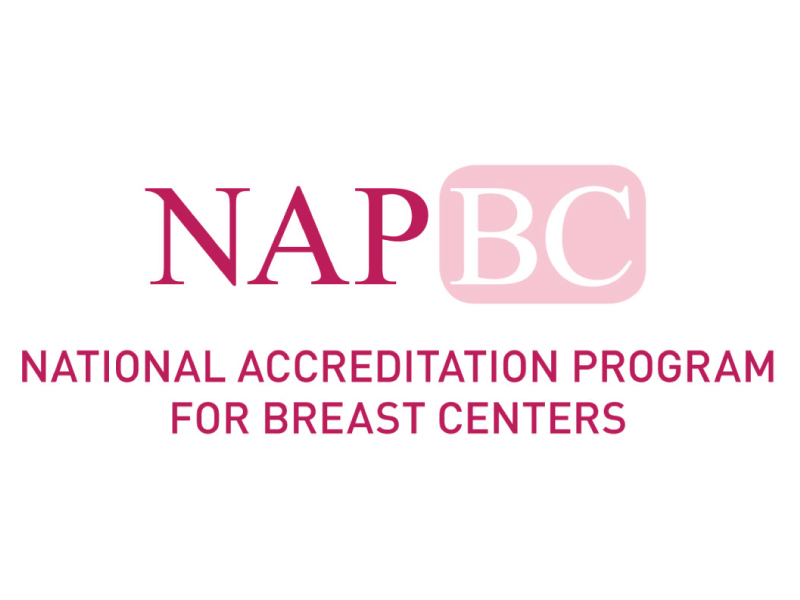
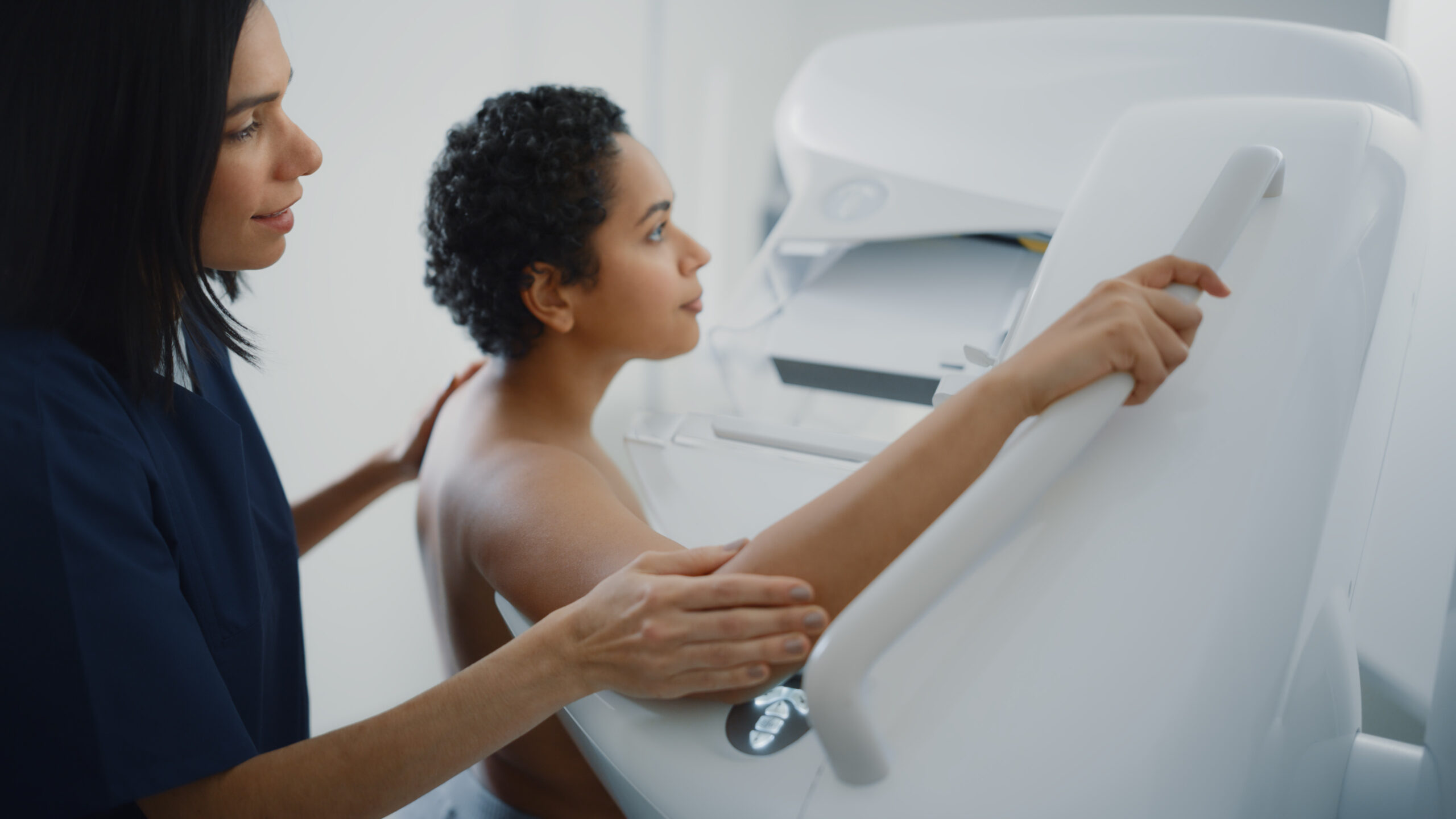
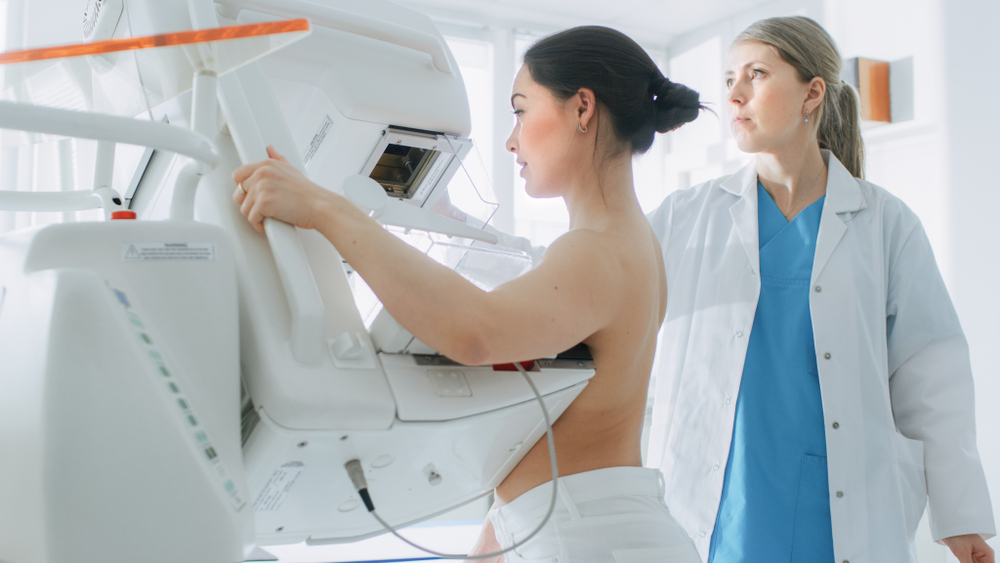
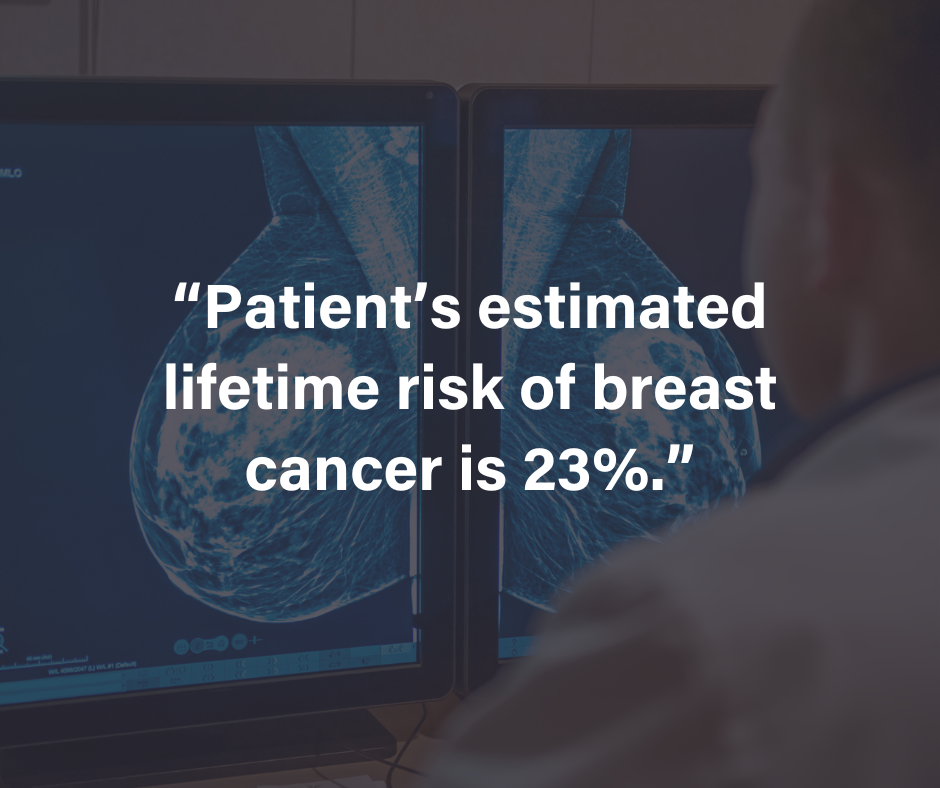
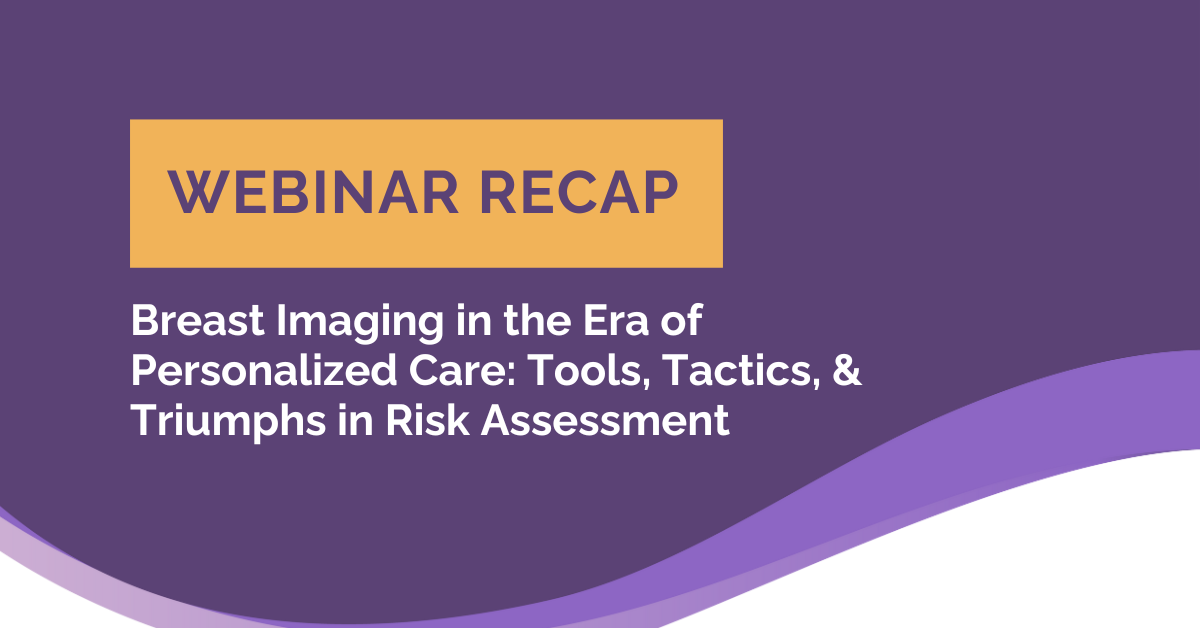
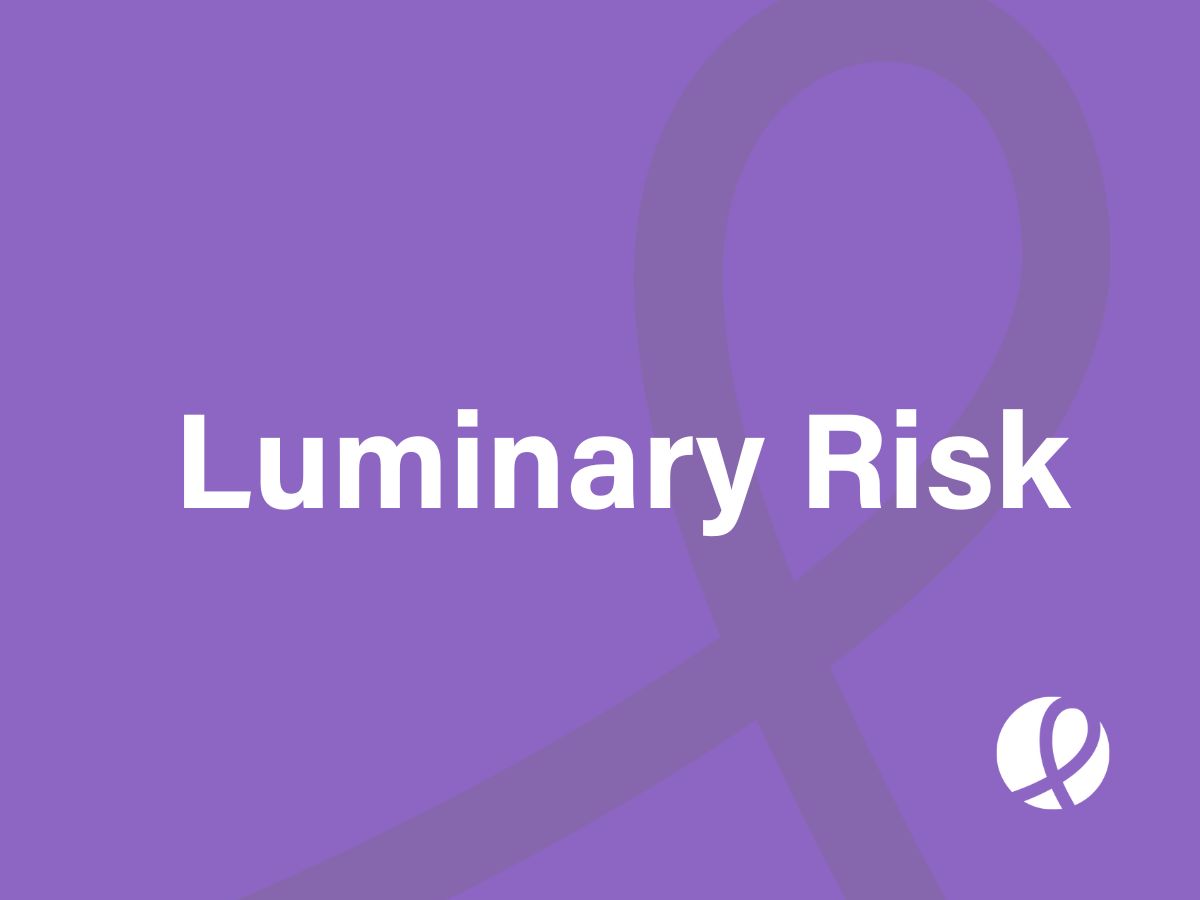


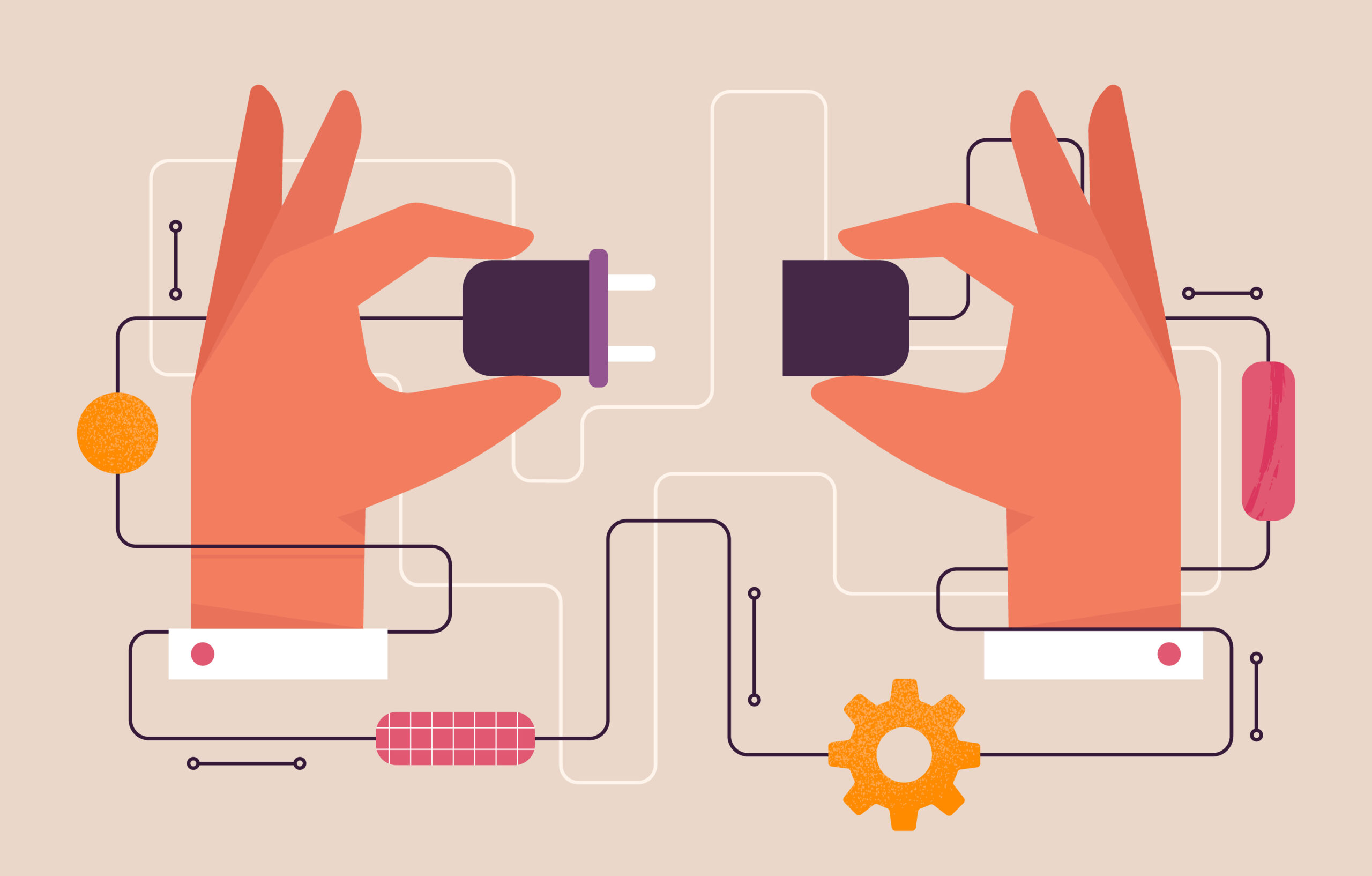
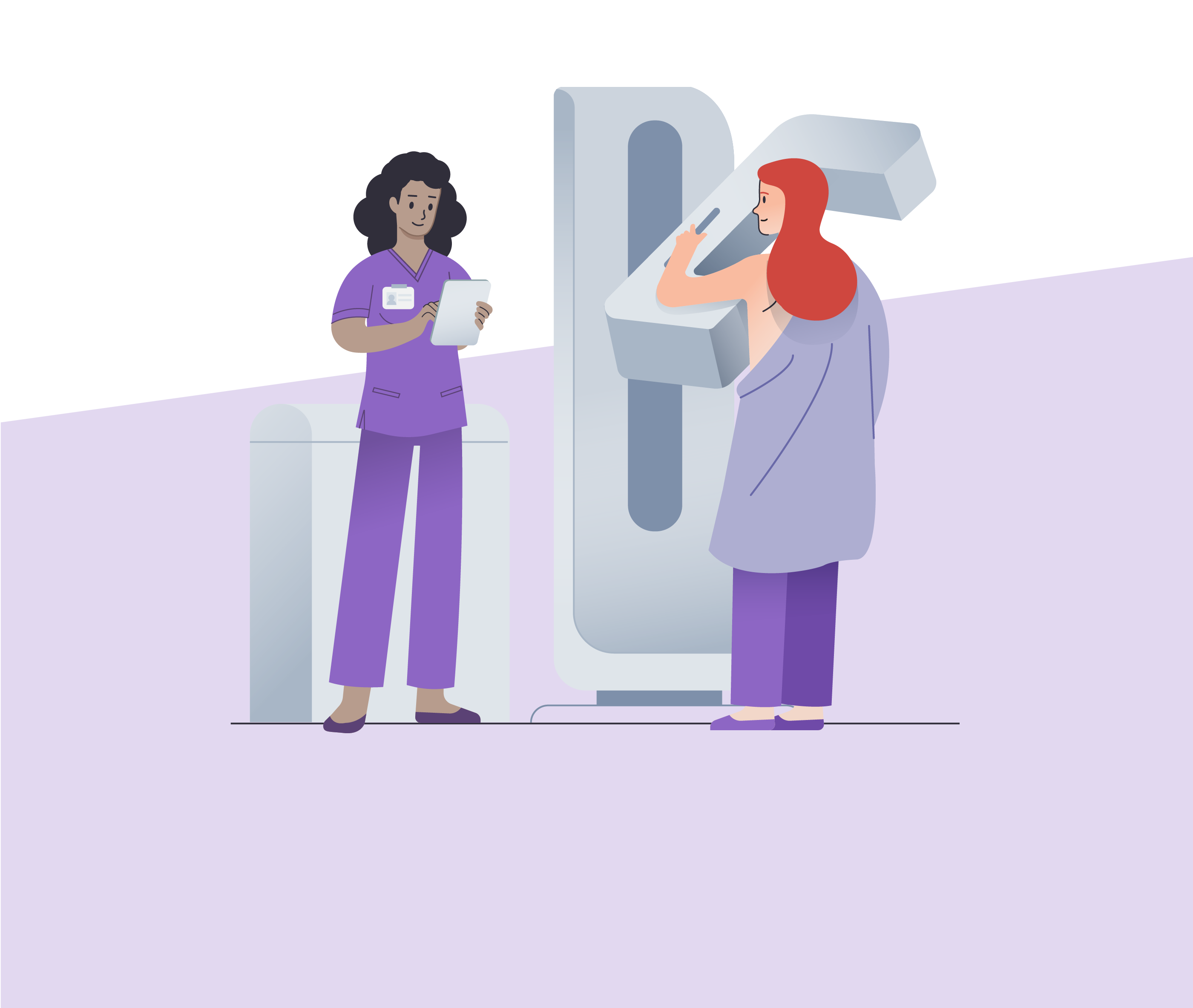

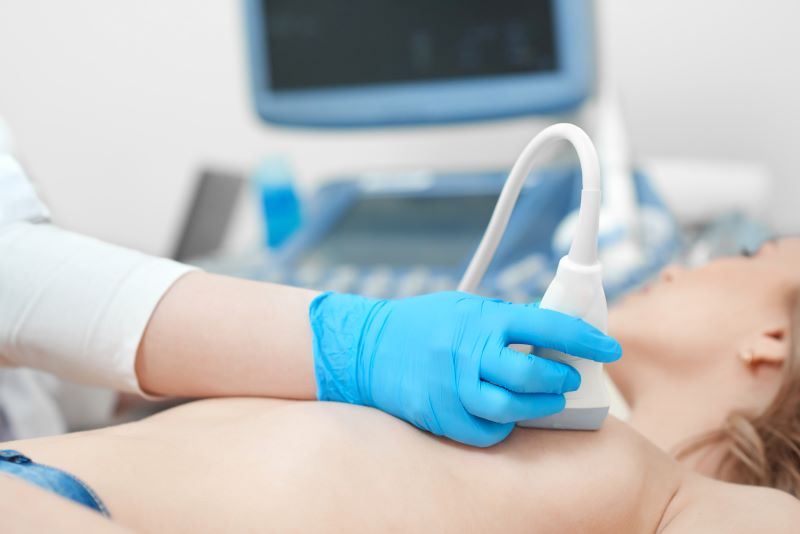
![monitoring breast density shutterstock_1299510538-[Converted]](https://magview.com/wp-content/uploads/2023/05/shutterstock_1299510538-Converted.jpg)
